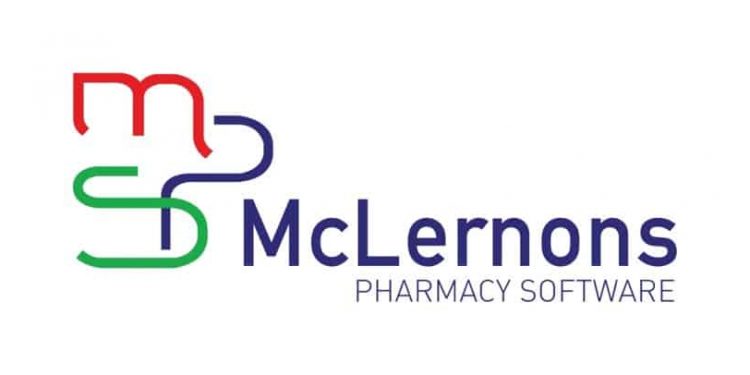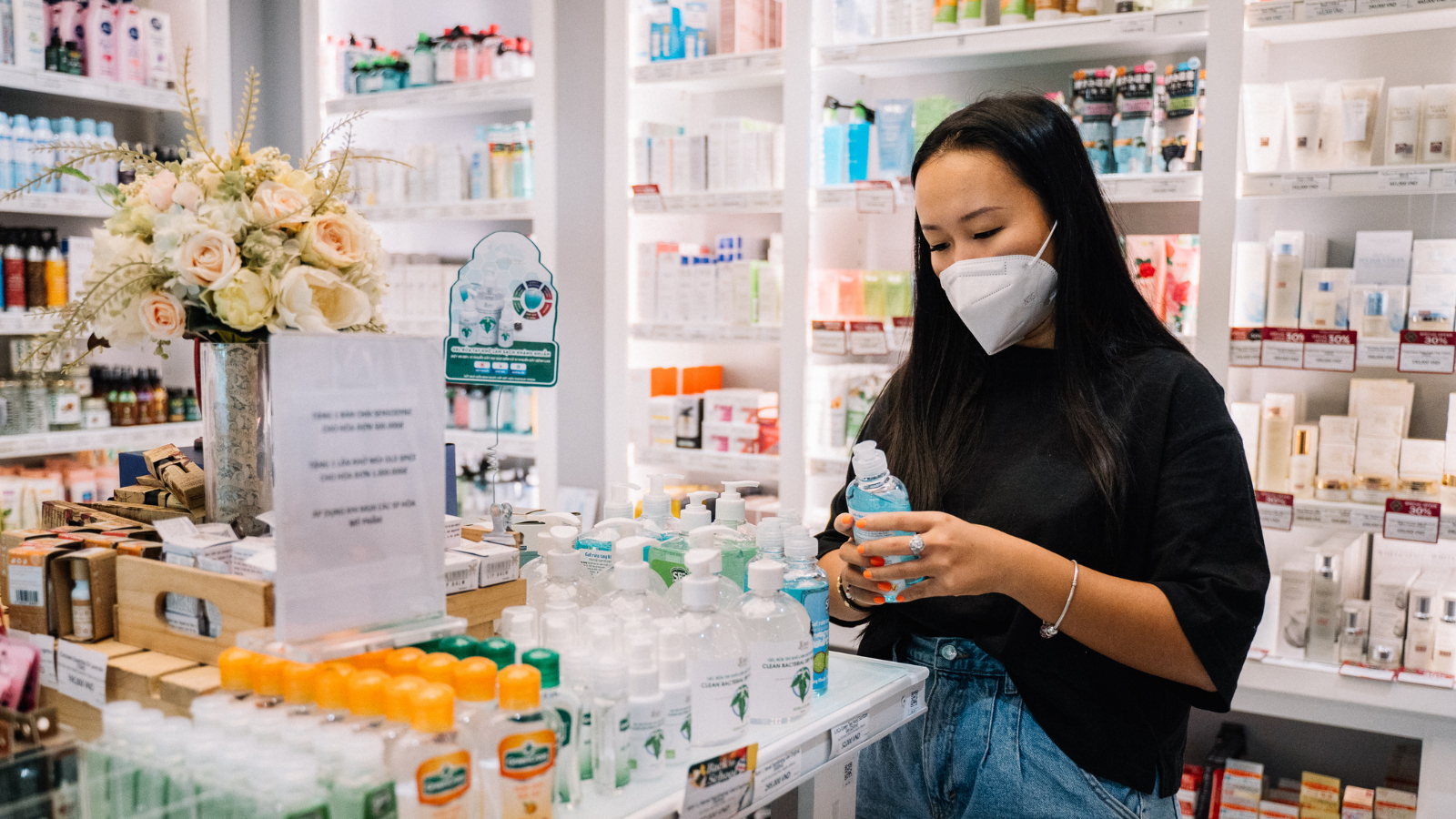Preparation in the group involves product review based on sales and margin performance to assign position on shelf or de-listing. New Product Development review is completed in February so that we can align our sales-plan with supplier funded countertop displays and marketing campaigns. Although we have an internal medicines course dealing with hayfever, our group always launches a refresher for healthcare colleagues to keep up to date with the provision of correct evidence-based advice. The update includes any new products and services we plan to offer in the season. Social media links in for the season launch and with signposting to blogs and an advice drumbeat for the season. The operational platform in terms of attractive merchandising and timely replenishment is key.
Pharmacy has always been one of the first ports of call for relief of symptoms by customers and patients, however this year saw the season coincide to some degree with lockdown conditions imposed by the Coronavirus Pandemic situation.
Patients do not often need to visit a GP to resolve their symptoms, a small amount of trial-and-error with their pharmacist will result in satisfactory outcomes with minimal cost. Most healthcare professionals agree that the condition is suited to self-care. Around 40% of patients per hayfever season will switch medications in an effort to find effective relief. Whilst pharmacists will always refer patients for extra care when appropriate, we saw a deluge of patients either not able or not willing to attend their GP as the perceived benefit of a consultation did not outweigh the perceived risks of visiting a primary care setting in the minds of the public. One of the things to be mindful of is the potential that our recommendation may not work as expected and if there is a visit to the GP, obviously we would want to hope that a relationship built with the customer during over the counter consultations would make us the first choice for dispensing the prescription.
Our focus is on recommending appropriate pharmacy only products to keep the customer in sector and highlighting the advantage of a bespoke healthcare solution that only pharmacy can offer as a USP above and beyond the supermarket shelf. Demonstrating active care for our customers in a conversational manner, providing all the advice they need and ensuring the leave happy with inspiration to return cannot be matched by other retailers.
After some potential reluctance to self-treat or present at a pharmacy to seek advice, the profession rallied behind social media posts attempting to educate our patients on the sometimes subtle differences between COVID-19 symptoms and hayfever. As the global health community learnt more about the distinctions of the disease, pharmacists were able to offer advice and products to patients with confidence. We’ve now seen patients returning to pharmacies with confidence in our services and procedures, as we remained steadfast in the face of unprecedented circumstances during lockdown.
Consumers now seem to be more open to the use of multiple products to give effective relief or demand tailored, personal healthcare solutions bespoke to their needs. This trend of increasing basket size in the category is driven by customers no longer putting up with less than complete relief. It is not uncommon for the goalposts to move for patients during a season and they often need reassessment at intervals to optimise their treatment.
As mentioned, the season tends to arrive predictably enough, however there do seem to be anecdotally more new sufferers each season and patients experiencing worsening of symptoms season on season.
The evidence base is building in terms of indicating a proliferation of symptoms going forward. Global warming, poorer air quality and enhanced hygiene conditions compared to recent history are all pointing towards an environment where allergy and hayfever will only become more prevalent.
Natural products, non-drug treatments and medical devices are continually added to the category and continue to perform well when explained and offered as part of a total solution for patients. Saline rinses, in particular, have seen exceptional growth year on year. Our group aims to partner with patients to explore what is right for them, rather than presume that a customer will only want one product that may not give complete symptom control. Air purifiers and humidifiers also performed strongly this season, although this may have been due to a perceived benefit for Coronavirus for customers rather than allergy relief. The addition of triamcinolone to the over the counter formulary has helped with an enhanced offer, although customers retain a preference for more established ingredients.
Our group sales show strong performance for Irish brands. Not only in licenced medicines, but also in related products as the value perception is strong with customers. All pharmacies are keen to offer customers value for money and so we would expect to see first-line oral antihistamines from Irish manufacturers feature prominently across the sector.
The major factors for the growth of the allergy treatment market include the increasing burden of various types of allergies, increased investment by the manufacturers on the development of novel allergic treatments and rising importance for self-medication. The future for the category is bright.








